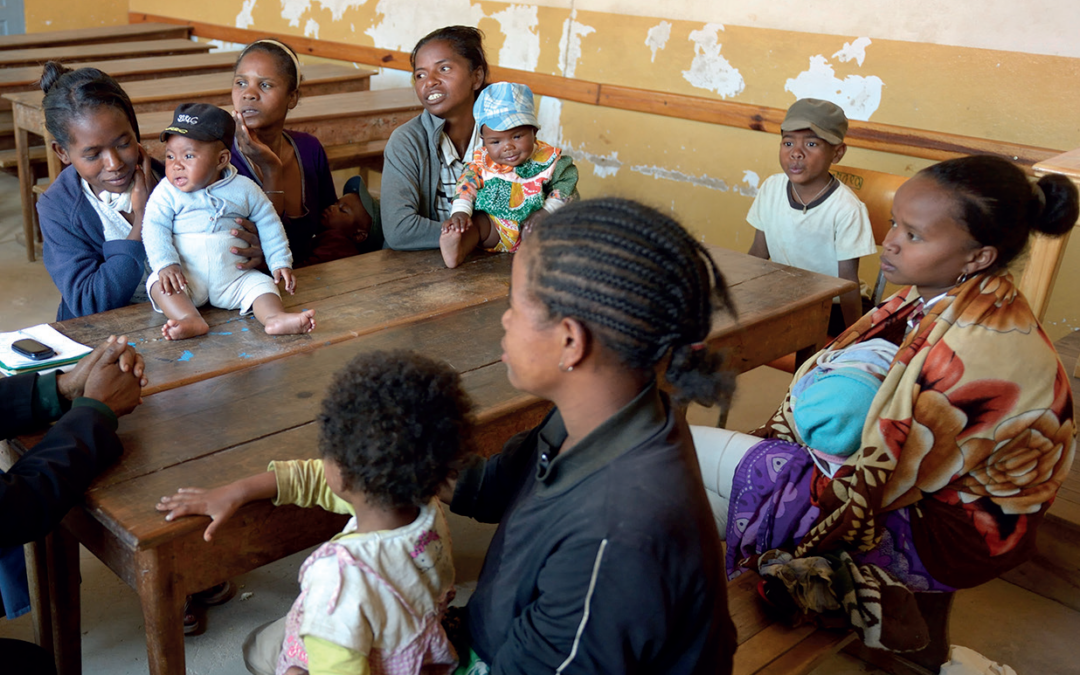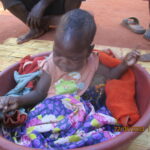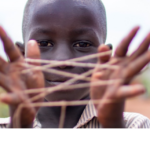As we celebrate World Caring Day this June, we recognise the vital contributions of families caring for children with disabilities. They play a crucial role in supporting some of society’s most vulnerable children. Despite their invaluable work, caregivers face immense challenges such as emotional stress, financial strain, and social stigma, which can significantly affect their health and caregiving capacity.
Effective solutions exist to support caregivers, with peer support groups and networks offering promising results. These initiatives enhance mental health and foster social connections. However, such resources are often limited due to disjointed mental health and child development services. To make these programmes widely available, it is essential to integrate community-based interventions into health policies and ensure that caregivers are involved in the creation and implementation of these initiatives.
For long-term progress, national and international bodies must prioritise caregiver support through dedicated funding and comprehensive policy frameworks. Developing national action plans that include early detection of disabilities and sustained caregiver assistance, alongside setting measurable goals for improvement, is crucial.
Read more about this call to action here
By fostering strong global partnerships and providing robust support, we can ensure caregivers receive the acknowledgment and assistance they need.





